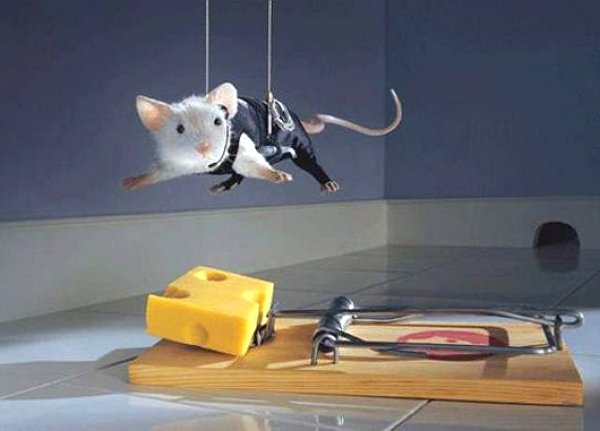
People set fitness goals all the time. But, how many of us have reached those goals? If we want something, the logical thing would be to achieve it, right? However, that sometimes is not enough.
You need to do more than want it. You need to define it, then work consistently putting one foot in front of the other towards that goal. Here’s how to make sure you go from idea to achievement in the straightest line possible.
Define What You Want and When You Want It
First, you must evaluate where you are now. Take a hard, objective look, because this is your starting point, and to clearly define your end goal, you need to know exactly where you’re starting from. Then you need to honestly ask yourself, is this what I want for me? Do I want something better? This does not imply that you are not grateful for what you already are and have, you simply want to improve or change something.
See goals, particularly fitness or weight loss goals, come from a place of emotion. No-one ever overhauled their lifestyle because their trousers got a bit tight. Here needs to be something more powerful going on.

Now, to define what you want, it helps a lot to do visualisation exercises. Now bear with me here, I’ve not gone all woo woo on you. Your mind will work towards a specific goal when it can picture it clearly. Even in the background when you’re doing something else. It can’t work towards something fluffy, so get a solid image of what you’re actually going to be working towards.
Imagine yourself achieving your goal, for example, wearing a specific dress. Maybe going to an event in that dress. How does it feel? How do YOU feel?
Get real clear about it, and visualise this daily.
Then make a list of all the outcomes you want to achieve; it may even be one single thing, but the most important thing is to get it on paper and define a date for when to achieve it.
Establish a Plan
Goals only become goals when they have deadlines. Until then, they’re dreams, and to achieve an objective it is necessary to be clear what actions you must perform for that purpose.
- What action should you take first? For example, if you want to lose weight, your first action will probably be to consult a professional to help you define what to eat and of course, what foods you should eliminate from your diet to reduce your weight.
- Lay out the actions in order. The steps you need to take to get from A to B.
- Set a date for each action and a result to be obtained from it. If your action is to workout, then get them in your calendar. The goal may be as simple as, “Hold that plank without putting my knees down for a full 30 seconds”.
Make Sure You Follow the Plan
That might seem like a, “Well, duuuuh!” moment, but without action, of course, a plan is just a bunch of stuff on paper. The most important part of a plan is to execute it asap. Here is where many give up their goals, where difficulties begin to show. But not for you. Try these:
- Share your goals with someone: a friend or a mentor (or both). The idea is to ask this person to help make sure you do the things you set out to.
- Be very clear why you want to achieve a goal. What’s your real motivating factor? If you need to get out of bed at 5am to workout, what is it that’s going to make sure you’re still getting out of bed three months from now? Now, that “Why” must be something really important to you, something that motivates and pushes you.
- Each day, wherever you wrote down your goals, update your progress in each step. This way, if you notice a day when you didn’t move forwards, you can then evaluate why not and course correct.
What to do if you do not meet goals in time?
It is important to understand that you can change the plan but not the goal. Sometimes things don’t go to plan. Shit happens. But if you get to the conclusion that you are not going to achieve your goal within the time you want, don’t throw it out, don’t give up, just renegotiate your plan. E.g. doing more actions or doing the same but more frequently and in less time.

Here perseverance plays an important role. Every failure isn’t a failure. Every failure is a learning experience that teaches you something isn’t working and that you need to adjust and course correct.
And like Winston Churchill said, “Never, never, never, never give up”.
